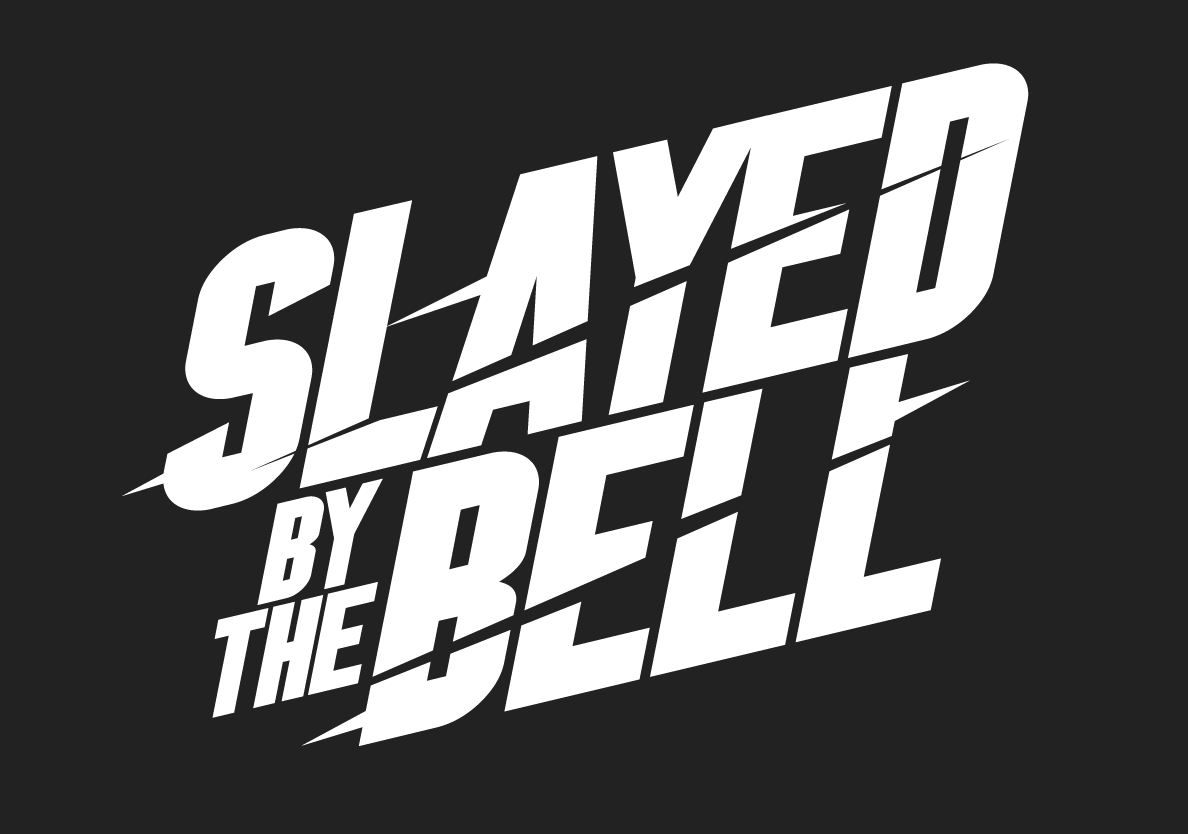Rediscovering the Power of Genuine Acknowledgement
Shrouded in unnecessary complexity yet so evident in its simplicity: praise. Is it an essential element of student motivation and morale? Perhaps, but frequently overshadowed by convoluted systems prioritising branding over genuine acknowledgement. As a result, layers of complexity obscure what should be a straightforward gesture of appreciation. [Note to SLT: if you need more than a couple of lines on a slide, or god forbid, a fucking flow chart to explain your latest shit idea, it’s probably too complicated!]
Problem
Praise has fallen victim to its own transformation. Instead of genuine, heartfelt affirmations like “well done” or “great job,” schools have once again fallen into the trap of prioritising branding over substance. Elaborate, branded systems like ‘Learning Legend’, ‘Class Champion’, and ‘Student Star’ now dominate, focusing more on the formal optics of praise rather than its informal sincerity. This has created a disconnect between the intention behind praise and its actual execution, leaving students feeling undervalued and patronised. But, it’s crucial to remember that students are essentially our clients, and the moment we patronise them, they lose their investment in whatever it is we’re trying to sell.
‘Empty ya pockets, son, they got you thinkin’ that
Rage Against the Machine – No Shelter
What ya need is what they selling
Make you think that buying is rebelling’
Causes
Firstly, the pressure to prove a positive culture and ethos has led schools to overtrack praise, turning a genuine gesture into a checkbox for a performance metric and ultimately, another Excel spreadsheet to offer up to Oftsed when those fuckers arrive at that school gate: “surprise mutha fuckers…woha ha ha ha haaaa”. Secondly, self-masochistic teachers who, for fuck knows why, pursue roles in school leadership often find themselves assigned duties where they are compelled to prove their worth. This often results in the creation of valueless (shit) schemes targeted at a select few students who happen to care about such superficial systems. In this scenario, the praise system, which ranges from raffles to exclusive lunches with the principal, does little to acknowledge genuine hard work. Instead, these schemes perpetuate a culture of superficial bullshit, where the appearance of recognition is prioritised over its true substance.
Effects
Beyond the surface-level dissatisfaction with insincere praise, students are left feeling demotivated and disengaged from their own education. The emphasis on branded praise systems detracts from genuine recognition of their efforts, leading to a sense of further disillusionment with the education system; look past the cheap alliteration and observe the hollow titles: class champion, learning legend, star student. What is most worrying is that the children perceive the emptiness, but the adults don’t. Furthermore, the disparity in incentives offered by these schemes only serves to widen the gap between students, fostering a competitive rather than collaborative environment. Instead of being an immediate exchange, praise becomes a gateway to bureaucratic formalities, lacking authentic appreciation for genuine accomplishments “and because you have worked hard, your classroom champion status means you have been automatically entered into the raffle to potentially win a £5 book vouceher…. woooooooo”. And by the way, did you ever go to school? because fucking hell, lunch with the principal!? You might as well wear a sign that says ‘God implores you to bully me!’
Solutions
Solutions are not difficult; prioritise sincerity over spectacle—done! you are welcome. This begins with a shift in mindset, moving away from performative gestures towards genuine expressions of appreciation. Implementing straightforward yet meaningful forms of praise, such as verbal affirmations and personalised recognition, can significantly contribute to fostering a culture of positivity and empowerment. Praise should also genuinely reflect the person delivering it, but as is often the case with the academy business-branded approach, systems often lack scope for individual honesty and integrity. For example, “Finley, you killed it today”, and “Chantelle, you absolutely owned this lesson” versus awarding generic titles like “learning legend” given to students in every class throughout the school. Such generic awards lack individuality and sincerity. Praise for a task should be immediate, sincere, and unequivocal. When students receive genuine recognition, they become more invested in their achievements, leading to heightened motivation and well-being.
Conclusion:
By stripping away the layers of complexity and returning to the heart of genuine appreciation, we can create an environment where students feel valued, empowered, and motivated to succeed. This foundation is rooted in honesty. Performative praise belongs in the bin; we need to embrace a culture of authenticity and empathy because teenagers can smell bullshit and artifice a mile away. On a final note, if we perpetuate a false sense that the real world is filled with “branded” praise, we are at best setting up unrealistic expectations for students and at worst, actively deceiving them.
The greatest praise I ever received: “Fucking top job that lad, top fucking job” Thanks Mr Beattie (RIP)
